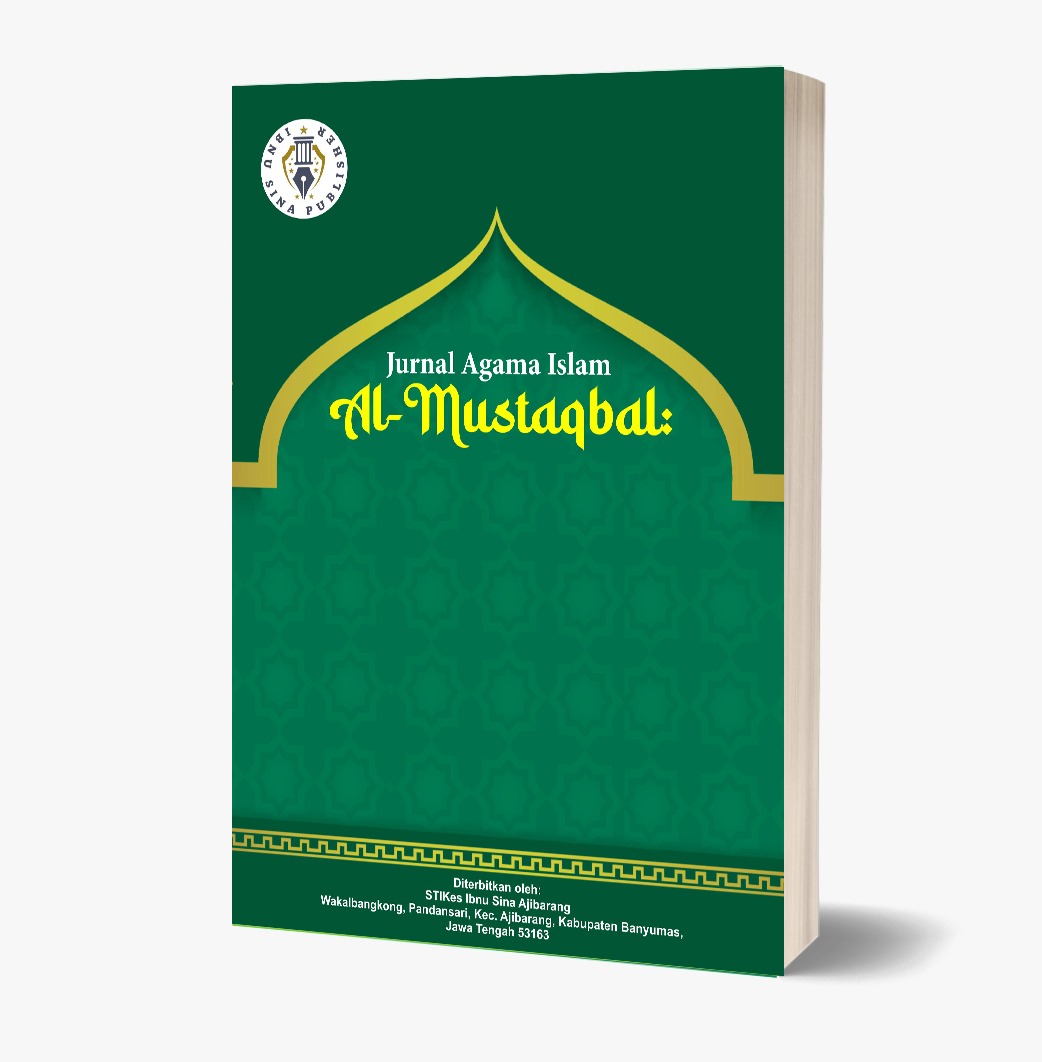Pemahaman Mahasiswa Kos Terhadap Slogan “Kebersihan Sebagian Dari Iman” dan Implementasinya dalam Kehidupan Sehari-hari
DOI:
https://doi.org/10.59841/al-mustaqbal.v2i2.134Keywords:
Cleanliness as Part of Faith, Environmental Phenomenology, Student Boarding HouseAbstract
The existence of the slogan “Cleanliness is Part of Faith” which is often echoed by Muslims, but rarely implemented in everyday life encourages the author to conduct this research. The reason is, so that the slogan is not just a jargon, but also a habit that is always done by Muslims wherever and whenever they are, especially for students who live in Kos. This research is Descriptive Qualitative research. Data obtained through interviews via Whatshap chat. The research subjects amounted to 20 students who lived in different boarding houses. The theory that researchers use is Edmund Husserl's Phenomenology Theory. This theory prioritizes social phenomena to raise mutual awareness of something. The results of this study indicate that: 1). Understanding of students who live in Kos towards The understanding of the slogan “Cleanliness is Part of Faith” is good, it's just that the implementation of the slogan in daily life has not been maximized in everyday life has not been maximized. 2). Intention and enthusiasm to become a better person in maintaining environmental cleanliness exists in the students of UIN Raden Mas Said.
References
Agustina, A. (2021). Perspektif Hadis Nabi Saw Mengenai Kebersihan Lingkungan. Jurnal Penelitian Ilmu Ushuluddin, 1(2), 96–104. https://doi.org/10.15575/jpiu.12206
Ahmad, M. S. (2018). Thaharah: Makna Zawahir Dan Bawathin Dalam Bersuci (Perspektif Studi Islam Komprehensif). Mizan: Journal of Islamic Law, 2(1), 57–82. https://doi.org/10.32507/mizan.v2i1.134
Andriyani, A. (2019). Kajian Literatur pada Makanan dalam Perspektif Islam dan Kesehatan. Jurnal Kedokteran Dan Kesehatan, 15(2), 178. https://doi.org/10.24853/jkk.15.2.178-198
Asih, I. D. (2005). Fenomenologi Husserl: Sebuah Cara “Kembali Ke Fenomena". Jurnal Keperawatan Indonesia, 9(2), 75–80.
Hariyanto, A. (2019). Implementasi Konsep Kebersihan Sebagian Daripada Iman. Kajian Moral Dan Kewarganegaraan, 7(1), 79–90.
Husserl, E., & Pendahuluan, A. (2014). Fenomenologi Husserl Sebagai Metode Filsafat Eksistensial. Al Adyan, ix(2), 103–113.
Jamil, A. (2023). Memahami Filsafat Fenomenologi Edmund Husserl Dan Implikasinya Dalam Metode Penelitian Studi Islam. Jurnal Ilmiah Falsafah : Jurnal Kajian Filsafat, Teologi Dan Humaniora, 9(2), 50–57.
Kementrian Agama. (2013). Al-Qur’an dan Terjemahnya. Listakwarta Putra.
Muslim, A.-N. A. al-H. M. bin al-Ḥajjāj al-Q. (1991). Ṣaḥīḥ Muslim al- Musammā al-Musnad al- Ṣaḥīḥ al-Mukhtaṣar min al-Sunnah bi Naql al-‘Adl ‘an al-‘Adl ilā Rasulillāh, taḥqīq: Muḥammad Fu’ād ‘Abd al-Bāqī (I). Beirūt: Dār al-Kutub al-‘Ilmiyyah.
Nuralifya, A., Taftazani, D., Putri, S., Rahman, F. O., & Auliani, F. (2025). Pentingnya Kebersihan dalam Perspektif Islam : Pendekatan Holistik untuk Kesehatan Fisik dan Spiritual. 2.

















